|
This post was originally published in five parts and it's now an ebook on Amazon called Parenting Your ADHD Child: A Quick Guide with 20 Natural Strategies. This is a shortened version of the book with five of my favorites strategies. My son was diagnosed with ADHD at age five and at age seven he was diagnosed with sensory processing disorder. I agree with renowned Dr. Hallowell who sees ADHD not as a mental illness or disease but as genetic traits (an ADHD neurotribe) that, if nurtured and well managed, can be incredibly positive to someone. While in some cases psychiatric medication is life-saving, I’ve been able to successfully manage my son’s behaviors and challenges for the past four years using a combination of strategies. My biggest discovery in this learning journey is that ADHD is not just about the chemistry of the brain but also the physics of the body. Sensory issues play such an incredible role in regulating emotions and attention that being able to identify the sensory needs of a child, rather than controlling them, can really help him/her without the use of medication. The list below contains five of my favorite strategies: 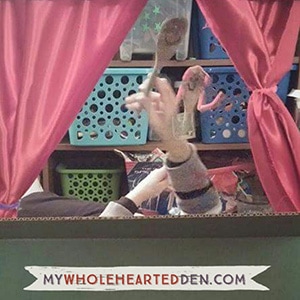 Together time daily I’ve learned this remarkably simple, yet powerful tool from Amy McCready of Positive Parenting Solutions. This is probably the most important activity we can do to connect emotionally with our children daily. She calls it Mind-Body-Soul Time, but we affectionally call it Mommy-my son's name-Time. Since power struggles happen often with kids with ADHD, spending time together--doing whatever the child chooses to do or play for 10 minutes/twice a day—fosters cooperation and ensures that he/she has a good dose of positive attention instead of acting out with negative, attention-seeking behaviors. 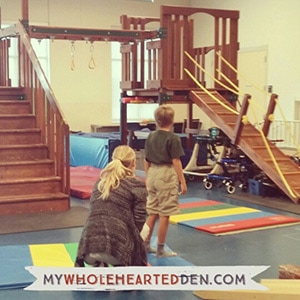 Therapy There are various therapies that benefit children with ADHD and our experience is regarding behavioral therapy, and occupational therapy (OT). I can’t begin to praise the many benefits of having behavioral therapy—it teaches children, among other things, many tools to navigate their big emotions and provides them with a sounding board to untangle problems. While behavioral therapy is about improving mental health, occupational therapy is about improving the physical, sensory and/or cognitive abilities. Sensory Processing Disorder (SPD) often coexists with ADHD and can cause the child to be a “sensory seeker”, which looks like hyperactivity. Moreover, retained primitive reflexes (which are underdeveloped baby reflexes), fine motor skills and visual perception issues can all be hiding in plain sight causing additional struggles that compound such as low school performance, poor self-esteem, poor handwriting, disinterest in school work, poor work ethic, depression, and more. In our case, my son went to occupational therapy once a week for a year and a half and it was A GAME CHANGER. 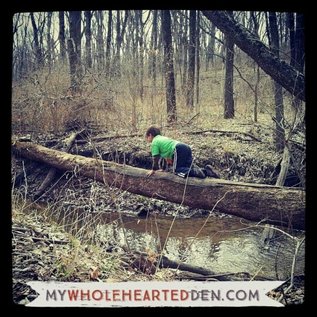 Nature Therapy Author Richard Louv created the term “Nature Deficit Disorder” to describe how the lack of contact with nature in children affects their mental and physical health. It’s not a clinical term, but the concept has gained recognition in the medical community. Increasing use of electronic devices, less unstructured play, and sedentary lifestyles are all contributing to a decrease in the relationship with nature, he argues. Most of us live in cities, so we need to be intentional as often as possible in facilitating and nurturing connections with natural landscapes. My son's occupational therapist was pleasantly surprised at how quickly his sensory systems matured in the fall, likely due to all the summer activities and camps in nature, plus swimming (which offers great proprioceptive input). 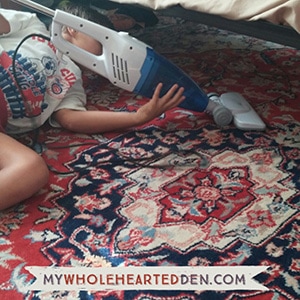 Routine I’d argue this is one of the cornerstones in ADHD management. Having a consistent schedule daily is essential for children that struggle with attention. It sets expectations, minimizes conflict, and provides a secure environment for children. They strive with structure. When creating a routine, identify what your family needs and enlist the cooperation of your child in crafting a schedule you can both agree on, so that it’s not a top-down parent/caretaker decree, but a collaboration between family members. One important aspect of creating a routine is incorporating “chores” (or as Amy McCready from Positive Parenting Solutions calls them: family contributions) to the mix. Even small contributions to the household routine—such as folding the laundry, clearing the dinner table, vacuuming, and much more—allow children to develop skills as they get older, as they become willful participants in the family life in meaningful ways. 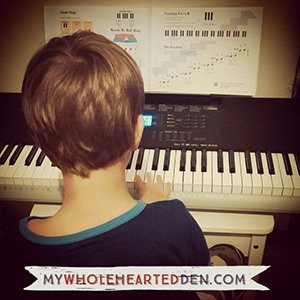 Music It is well documented that music instruction helps to build and integrate the various regions of the brain, has a calming effect, and helps children concentrate and focus. In a 2014 study, the Boston Children’s Hospital ran a study on musical training in children and adults and found that it improved executive functions—the brain’s skills that allow us to process and manage information, regulate emotion, solve problems, plan, execute, remember, respond and adapt. Good stuff. Feel free to comment below what you find to be a useful strategy in your lives!
12 Comments
1/31/2017 10:53:14 am
Love this simple and comprehensive new-blog-site opener. My son is on the spectrum and was diagnosed ADHD during his latest three-year evaluation and the school never told me until they sent me the new IEP? Wheeeeeeeee....
Reply
Tania
1/31/2017 05:47:43 pm
Thank you, I really appreciate your support on the new site! Sending a big HUG to you, I haven't navigated the IEP route yet. Glad to know I'm not the only one doing the fire walk and watching Star Trek. PS: We've been catching reruns sometimes on the local channel :-D
Reply
Hello, I would love suggestions on how to parent my 18 1/2 year-old son with ADHD . He is finishing up high school and will be attending University next fall . He has been taking various ADHD medication since he was in seventh grade and is now finding it not working after trying several varieties (adderall, concerta, Vivance) . He mostly needs it to concentrate in school otherwise he has no other behaviors that are significant enough to be debilitating . What would you recommend for a young adult in terms of non-medication support ?
Reply
Tania
2/6/2017 07:22:16 pm
Hi, Kim Thanks for reaching out! I'm not a doctor or health practitioner but a couple of things to consider is how much sleep he's having (most kids, especially teens don't get enough, which makes it difficult to pay attention in class), and how nutritious his diet is (if he's not eating enough protein and healthy foods, he may not be able to focus). Also, not sure what exercise he likes but anything he can do consistently will probably help his energy level. Good luck!
Reply
Thank you so much for answering. You definitely pointed to areas in his life that need more support! I will share this with him. It's hard to be at this point in parenting where you really have little or no control with your child. I'm hoping he will take ownership of his challenge and learn to overcome! Thank you!
Alicia
2/6/2017 12:19:58 pm
This is really interesting and helpful. Our daughter has had struggles her whole life regarding emotional control, outbursts, hyperactivity and inability to focus which as you can imagine has made school a struggle. She is in first grade this year and after many meetings with a counselor and her teacher, she was able to get a reading specialist as she was behind.
Reply
Tania
2/6/2017 07:35:27 pm
First grade was the most difficult grade for my son. Not only the expectations are higher in the classroom, but the social dynamics are much different too. I don't know if ADHD is more rare in girls or less diagnosed because girls tend to be less combative or hyperactive and a lot of times, the diagnosis comes later in life.
Reply
Jessica
2/6/2017 10:55:32 pm
We are in the closing of our first foster child and she is too young to diagnose as ADHD, which is exactly why I loved the quote you started with about the doctor who sees it as a genetic thing that can be trained. She has the energy and the attention span and her mom has the energy and attention span and I want a better path for this little one. Before she goes I am going to advocate hard for her to have some extra therapy. Right now we've been doing play therapy but I just don't think it's cutting it. I didn't know about behavioral therapy and not enough about occupational but these two things are definitely her struggles.
Reply
Tania
2/6/2017 11:25:37 pm
That's wonderful that you're working hard in providing her with a sustainable support system. Advocacy is key, and that's the 20th strategy in my ebook. Kids with ADHD have such laser sharp focus when they are interested in something that it's important to provide them with lots of opportunities to stay engaged so that they'll blossom. I've heard great things about play therapy too but I think it all depends on what's the purpose. If your foster child is dealing with trauma, I've heard that EMDR therapy offers good results. Good luck!
Reply
Tanya
2/6/2017 11:31:09 pm
Hello,
Reply
Tania
2/6/2017 11:49:19 pm
That just breaks my heart :-( I think you may have to reassure him that as time goes by, people will notice that he's no longer explosive and get closer to him, and explain that it takes time to repair strained relationships. I'd probably have a talk with his teacher and principal and ask for their input as well, maybe there are activities in class that can foster cooperation between students so they can experience his changed demeanor. If he doesn't already, it may be a great idea to participate in a group sport like baseball or soccer so that he has the opportunity to make friends outside school and boost his self-esteem. Good luck!
Reply
Your comment will be posted after it is approved.
Leave a Reply. |
Nice to e-meet you!I'm a single mom, graphic designer, crunchy mama, trekkie geek, life warrior. It's embarrassing how excited I get about food. I'm an expert in barefoot Lego fire walk. Note: If you arrived here via a broken link, please note I had to rebuild this site due to my previous hosting company crashing. Not all blog posts were salvaged.
CATEGORIES
All
INSTAGRAM FEED
ARCHIVES
January 2019
|
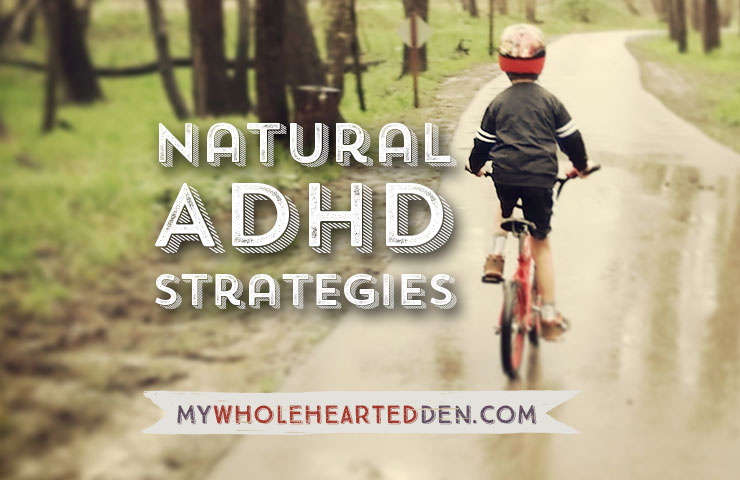
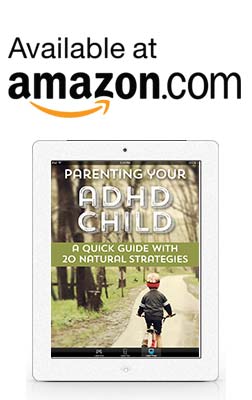
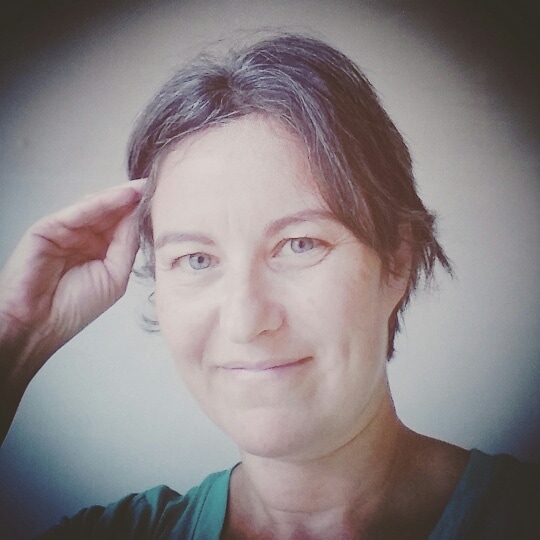
 RSS Feed
RSS Feed
